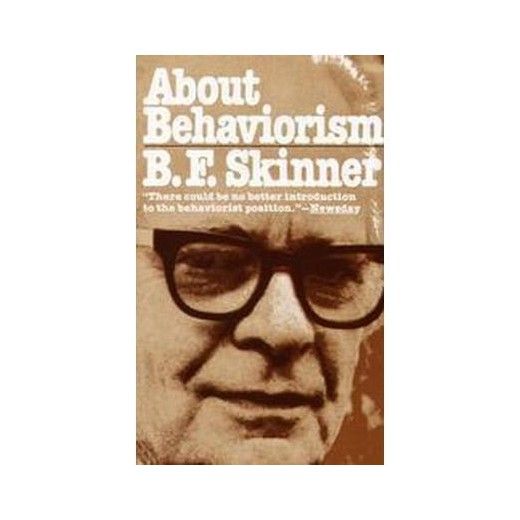The voice of reason (on copyright) goes silent
The media blogosphere is a slightly less interesting place today.
William Patry is shutting down his blog on copyright law.
And given that no less an institution than the Associated Press has apparently forgotten the basics of "fair use," I can't think of a worse time for this to happen.
First, a little background on Patry. He is the author of a the definitive work on U.S. copyright law -- the seven-volume textbook series called "Patry on Copyright." And over a 26-year career Paltry has held a series of posts where he wielded tremendous influence over copyright law. He's the former copyright counsel to the U.S. House of Representatives, Committee on the Judiciary, the former Policy Planning Advisor to the Register of Copyrights, and was a professor of law at Benjamin N. Cardozo School of Law.
But Patry is probably best known -- and often criticized for -- his most recent job: Senior Copyright Counsel for Google.
If you've ever heard me speak to a room full of journalists, odds are you've heard me say that a) traditional copyright law is dead; and b) journalists who are passionate defenders of traditional copyright law tend not to understand what it is they're defending.
But I'm not a copyright attorney. So I've tended not to push this point further in my presentations. Rather, I just urge the journalists in the audience (and the publishers that employ them) to consult with their attorneys and consider replacing copyright protections with the more open system known as Creative Commons. (Here's some more info if you're interested in the history behind Creative Commons.)
And if you've been at one of my presentations then you've also likely heard me end the section on copyright with a final suggestion that "you should read this guy William Patry." (Note: Don't read my endorsement of Patry's work as a suggestion that we see eye-to-eye on everything. Patry describes himself as a moderate on copyright. I'm probably more extreme in my desire to see copyright protections weakened. But the fact remains that he is thousands of times smarter than I about this subject, and thus worth reading.)
In his farewell post, Patry says he's giving up the blogging game for two reasons -- frustrations with the blogging life (anonymous comments from morons, etc.) and that the current state of copyright law "is too depressing."
I understand both reasons. And I don't begrudge him the decision to move on. Blogging is a time-consuming and often frustrating endeavor. And for people like Patry (and me) who choose not to run ads or otherwise make money from our blogs, blogging can often feel like a waste of time.
But I'm going to miss the guy.
I'd urge you to read Patry's final post. Feel free to ignore the first section. That's where Patry complains that people stopped seeing his blog as a "personal" blog once he accepted a position with Google. But that's just silly. Google is one of the most powerful forces in the media world. And taking a job there will influence how people see you. Complaining about that is as pointless as cursing the sun for rising in the East when your windows face the West.
But do pay attention to the second section. It's there that Patry says part of the reason he's stopping his blog is that "copyright law has abandoned its reason for being: to encourage learning and the creation of new works. Instead, its principal functions now are to preserve existing failed business models, to suppress new business models and technologies, and to obtain, if possible, enormous windfall profits from activity that not only causes no harm, but which is beneficial to copyright owners."
For other reactions to Patry's departure, check out Mathew Ingram, Robert Hyndman and Jack Schofield.
On a sort of related note, Harry McCracken has a piece on his new Technologizer site about Web sites that didn't deserve to die. As a New Yorker, I'll add my voice to that of the other residents of this town that miss Kozmo! Now that was service (Yea, sure, it was a terrible business. But I loved it so.)
tags: journalism, b2b, media, trade press, magazines, newsletters, business media




